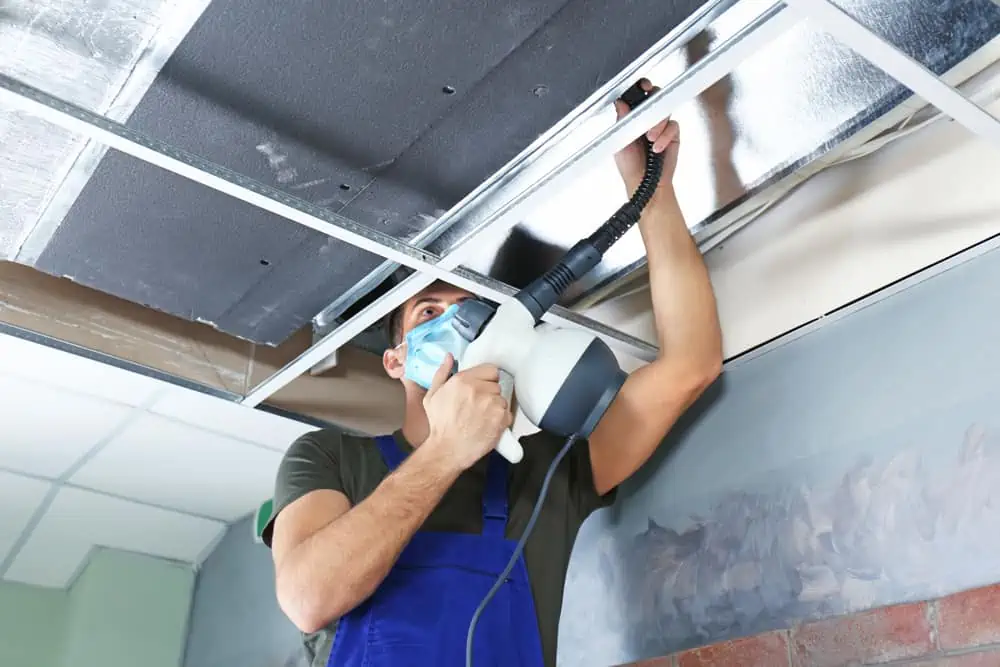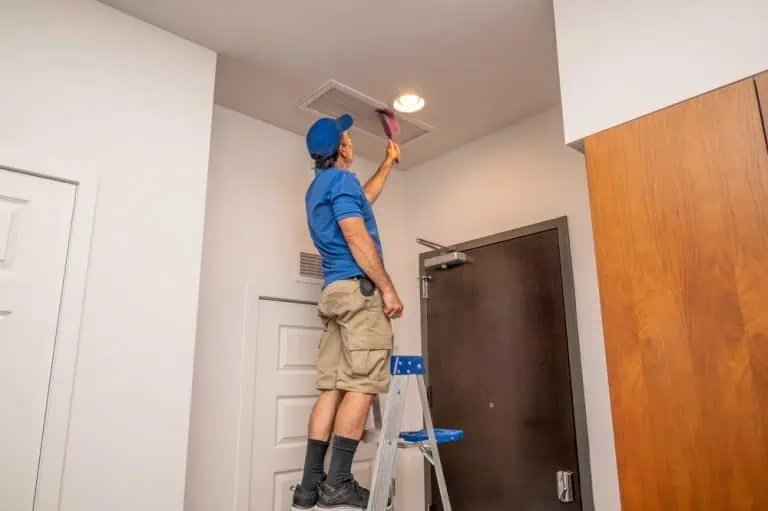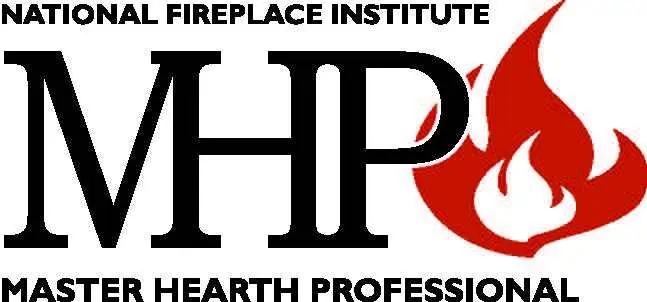Mon thru Fri: 9AM-5PM | Sat 9AM-1PM | Sun CLOSED
Air Duct Cleaning in Jersey City, NJ
Investing in regular air duct cleaning is essential for maintaining a healthy home environment, especially in Jersey City, NJ. Apex Air Duct Cleaning & Chimney Services provides expert air duct cleaning services, ensuring your home remains free of dust, allergens, and pollutants. Call Apex Air Duct Cleaning & Chimney Services at 732-314-7171 today to schedule your service and enhance your home’s air quality.
4.3
★★★★★ 5/5
(71 Reviews)
what your new jersey neighbors are saying

★★★★★
Read More
Had apex appliance come to my home to service my dryer vent and chimney. There customer service was great and i couldn’t be more satisfied, I will definitely be using them in the future!

★★★★★
Services: Dryer vent cleaning, Chimney inspectionsPositive: Professionalism, Responsiveness
Read More
I had a great experience. Ivan was personable and got the job done quickly and efficiently. I would recommend their services!

★★★★★
Services: Chimney repair & restoration, Chimney inspectionsPositive: Professionalism, Punctuality, Quality, Responsiveness, Value
Read More
Great service- super clear and detailed on the project from the estimate through completion of the work and very professional

★★★★★
Read More
Jeff was very patient answering all my questions and educated me with my dryer vent. They were very thorough with their work and really took time to make sure everything was done very well. I asked to put their sticker with contact info on my furnace because I will definitely call them again on my next air duct and dryer vent cleaning. Keep it up Apex Air Duct Cleanings!

★★★★★
Service: HVAC duct & vent cleaningPositive: Professionalism, Punctuality, Quality, Value
Read More
I have had my ducts and vents cleaned in the past but I was totally taken back by how wonderful the technicians from Apex did the job. They arrived at my home on time, were extremely professional and did a fantastic job! I HIGHLY recommend this company!!! Don't hesitate to call and make an appointment today!

★★★★★
Service: Chimney inspectionsPositive: Professionalism, Responsiveness
Read More
Ivan, one of the techs, helped me out greatly when I needed direction with my fireplace. He was very knowledgeable and gave me some insight I was completely obvious to. I have already had one inspection by this company and I will be back for another plus cleaning.

★★★★★
Service: Dryer vent cleaningPositive: Professionalism
Read More
On time great office staff fantastic work highly recommend apex

★★★★★
Services: Dryer vent cleaning, Fire prevention, Chimney cleaning, Chimney repair & restorationPositive: Professionalism, Punctuality, Quality, Responsiveness, Value
Read More
Great service! Great experience overall! I highly recommend this company! Very impressed with the work and how professional the technician was. Definitely will be using Apex again!
Previous
Next
View our work
Browse Air Duct Cleaning Services
contact us
How Often Should You Invest in Air Duct Cleaning in Jersey City, NJ

Importance of Regular Air Duct Cleaning
At Apex Air Duct Cleaning & Chimney Services in Jersey City, NJ, we stress the importance of air duct cleaning for maintaining indoor air quality. Ducts can gather dust, allergens, and debris over time, which may compromise your health and the efficiency of your HVAC system.
Regular air duct cleaning is crucial to keep your Hudson County home environment clean and healthy. Knowing the right frequency for this service ensures you enjoy the maximum benefits and maintain a safe living space. Additionally, it can extend the lifespan of your HVAC system by preventing unnecessary wear and tear.
Experienced Professionals:
Our team at Apex Air Duct Cleaning & Chimney Services has extensive experience in air duct cleaning, ensuring expert service every time.
Advanced Equipment:
We utilize the latest technology to provide the most effective air duct cleaning in Jersey City, NJ.
Customer Satisfaction:
Your satisfaction is our priority. We guarantee high-quality service for all clients in Hudson County.

Factors Influencing Cleaning Frequency
Several factors determine how often you should clean your air ducts. Homes with pets or residents with allergies should consider more frequent cleanings. Pet hair, dander, and allergens can quickly build up in your ductwork, requiring more regular attention. Increased cleaning frequency can significantly improve the overall air quality and comfort of your living environment.
Another factor is your home’s location and surrounding environment. In Hudson County, homes near construction sites, busy roads, or in areas with high pollen counts might need air duct cleaning more often to maintain good air quality. If you notice dust around your vents or a musty odor, it might be time to schedule a cleaning. Additionally, scheduling regular inspections can help identify potential issues early, preventing more severe problems in the future.
Finally, consider the age and condition of your HVAC system. Older systems or those that haven’t been maintained regularly might benefit from more frequent air duct cleaning. At Apex Air Duct Cleaning & Chimney Services, we provide expert assessments to help you determine the best cleaning schedule for your home in Jersey City, NJ. Our tailored approach ensures that your specific needs are met, enhancing your system’s performance and air quality.

Benefits of Regular Air Duct Cleaning
Regular air duct cleaning offers numerous benefits. Firstly, it improves the air quality in your home, which is especially important for families with young children, elderly members, or anyone with respiratory issues. Clean air ducts mean fewer allergens and pollutants circulating in your home. Additionally, it helps your HVAC system operate more efficiently, potentially lowering energy costs.
Regular cleaning can enhance the efficiency of your HVAC system. When ducts are clogged with dust and debris, your system has to work harder to maintain the desired temperature, leading to higher energy costs. Keeping your ducts clean helps your system run more efficiently and can extend its lifespan. This preventive maintenance also reduces the likelihood of costly repairs and system breakdowns.
In Jersey City, NJ, Apex Air Duct Cleaning & Chimney Services is committed to providing top-notch air duct cleaning services. We use advanced equipment and techniques to ensure thorough cleaning, helping you enjoy a healthier, more comfortable living environment. Trust us to keep your home’s air ducts in optimal condition. Our team of experts also offers personalized advice on maintaining your HVAC system between cleanings.
Have a question?
The land comprising what is now Jersey City was inhabited by the Lenape, a collection of Native American tribes (later called Delaware Indian). In 1609, Henry Hudson, seeking an alternate route to East Asia, anchored his small vessel Halve Maen (English: Half Moon) at Sandy Hook, Harsimus Cove and Weehawken Cove, and elsewhere along what was later named the North River. After spending nine days surveying the area and meeting its inhabitants, he sailed as far north as Albany. The contemporary flag of the city is a variation on the Prince’s Flag from the Netherlands. The stripes are blue, white and yellow, with the center of the flag showing the city seal, depicting Hudson’s ship, the Half Moon, and other modern vessels.
By 1621, the Dutch West India Company was organized to manage this new territory and in June 1623, New Netherland became a Dutch province, with headquarters in New Amsterdam. Michael Reyniersz Pauw received a land grant as patroon on the condition that he would establish a settlement of not fewer than fifty persons within four years. He chose the west bank of the Hudson River and purchased the land from the Lenape. This grant is dated November 22, 1630, and is the earliest known conveyance for what are now Hoboken and Jersey City. Pauw, however, was an absentee landlord who neglected to populate the area and was obliged to sell his holdings back to the Company in 1633. That year, a house was built at Communipaw for Jan Evertsen Bout, superintendent of the colony, which had been named Pavonia (the Latinized form of Pauw’s name, which means “peacock”). Shortly after, another house was built at Harsimus Cove and became the home of Cornelius Van Vorst, who had succeeded Bout as superintendent, and whose family would become influential in the development of the city. Relations with the Lenape deteriorated, in part because of the colonialist’s mismanagement and misunderstanding of the indigenous people, and led to series of raids and reprisals and the virtual destruction of the settlement on the west bank. During Kieft’s War, approximately eighty Lenapes were killed by the Dutch in a massacre at Pavonia on the night of February 25, 1643.
Scattered communities of farmsteads characterized the Dutch settlements at Pavonia: Communipaw, Harsimus, Paulus Hook, Hoebuck, Awiehaken, Pamrapo, and other lands “behind Kill van Kull”. The village of Bergen (located inside a palisaded garrison) was established on what is now Bergen Square in 1660 and officially chartered on September 5, 1661, as the state’s first local civil government. As a result, it is regarded as the first permanent settlement and oldest municipality in what would become the state of New Jersey. In addition, the oldest surviving houses in Jersey City are of Dutch origin including the Newkirk House (1690), the Van Vorst Farmhouse (1740), and the Van Wagenen House (1740).
Learn more about Jersey City.Local Resources
Useful links for Jersey City, NJ
Useful Links
Here are some chimney-related links:








